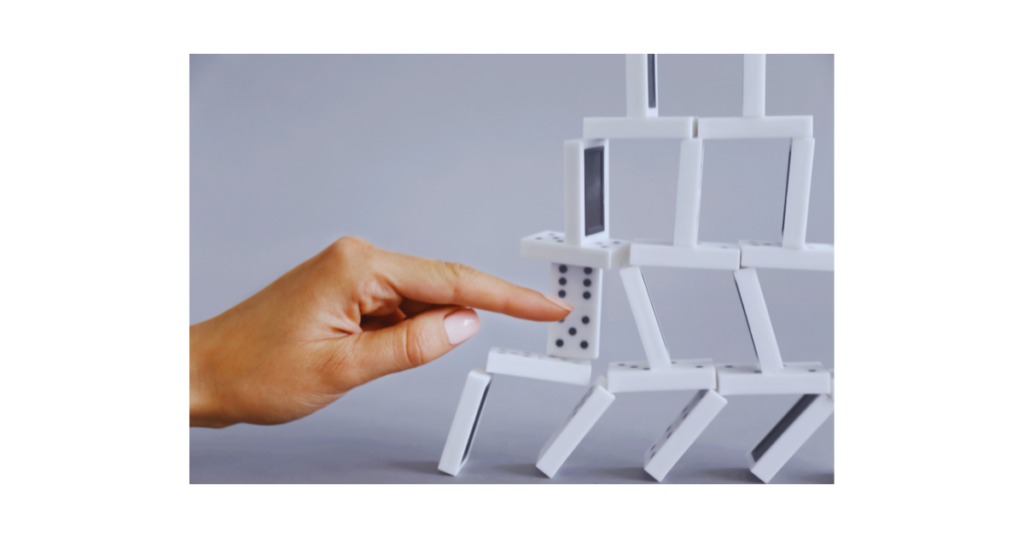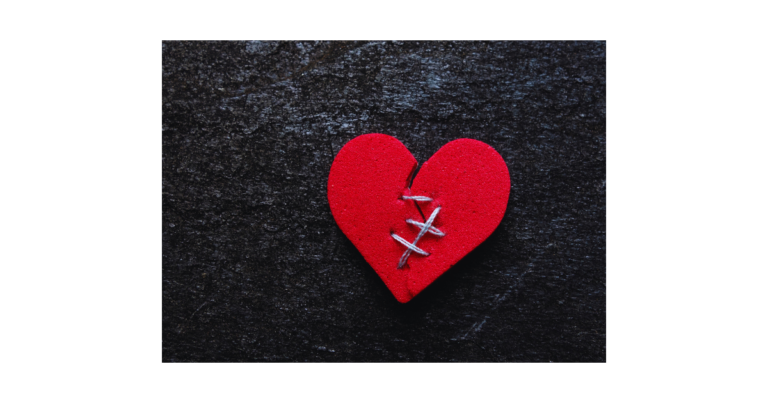Summary:
Unrequited feelings can lead to emotional distress, low self-esteem, and anxiety. This blog post helps you identify the signs of unreciprocated love and offers steps to cope, such as practicing self-care, setting boundaries, and seeking professional support. With time, personal growth, and a focus on healthy relationships, you can heal from the pain of one-sided love and move forward with greater self-awareness.
Introduction: What Are Unrequited Feelings?

Unrequited feelings happen when you see someone as a romantic interest, but they don’t feel the same way. This can be emotionally draining, leading to feelings of rejection, low self-esteem, and even physical pain. Understanding the signs of unreciprocated love is the first step toward healing and growth.
1. Recognizing the Signs of Unrequited Love
Sometimes, it’s hard to tell if someone truly feels the same way about you. Here are common signs of unrequited love:
- Mixed signals from the other person.
- The other party avoids spending too much time with you.
- They keep your relationship platonic despite your feelings.
- You feel emotionally invested in your love interest, while they seem distant.
If any of these signs resonate, it might be time to step back and reflect on whether the relationship is one-sided.
2. Recognizing the Other Person’s Feelings
Recognizing the other person’s feelings is a crucial step in dealing with unrequited love. It can be challenging to accept that the person you have strong romantic feelings for does not feel the same way. However, acknowledging their feelings can help you move forward and heal.
Pay attention to the other person’s words and actions. If they are not initiating conversations or interactions, it may be a sign that they are not interested. Respect their boundaries and decisions; if they have made it clear that they do not have romantic feelings for you, it’s essential to accept their decision and not pressure them.
Avoid idealizing the other person or assuming that they will eventually develop romantic feelings for you. This can lead to disappointment and prolong the healing process. Instead, focus on understanding their perspective and feelings. Developing empathy for the other person can help you move forward and begin your healing process.
The Emotional and Physical Impact of Unreciprocated Love

Unrequited love can hurt more than just your feelings. Reciprocated love, on the other hand, provides mutual emotional fulfillment and depth. It can affect both your mental health and physical health. When you’re constantly thinking about someone who doesn’t reciprocate your feelings, you may experience:
- Anxiety and emotional distress.
- Trouble sleeping or concentrating.
- Physical pain, such as headaches or tension.
- Decreased self-worth and low self-esteem.
These negative emotions can leave you feeling emotionally drained. It’s essential to recognize the effects of unreciprocated love on your well-being.
3. Coping Strategies for Unrequited Feelings
Navigating unrequited love requires self-care and healthy boundaries. Here are a few coping strategies to help you manage your emotions and heal:
Practice Acceptance
First, acknowledge the situation for what it is. It’s important to understand that the other person may never feel the same way, and that’s okay. Acceptance is a powerful step toward emotional freedom.
Set Boundaries
If you’re constantly interacting with the person, it may be time to set some boundaries. Limiting communication or contact can help you refocus on your personal well-being, especially if you feel like the only person making an effort.
Prioritize Self-Care
Engage in activities that uplift you. Exercise, hobbies, and spending time with friends can provide a much-needed distraction and boost your mood.
5. Breaking Patterns and Habits

Breaking patterns and habits that contribute to unrequited love can be a challenging but essential step in the healing process. Here are some tips to help you break these patterns:
Identify the patterns and habits that contribute to your unrequited love. This could include constantly checking the other person’s social media or trying to spend time with them. Recognizing these behaviors is the first step toward change.
Develop new habits and routines that do not involve the other person. This could include taking up a new hobby, spending time with friends and family, or engaging in activities that bring you joy. By shifting your focus, you can create a healthier mindset.
Practice self-care and prioritize your own needs. This can help you develop a more positive and healthy outlook. Seek support from friends, family, or a therapist. They can provide you with guidance and support as you work to break patterns and habits that are holding you back.
6. Focusing on Personal Growth and Self-Esteem

Focusing on personal growth and self-esteem can help you heal and move forward from unrequited love. Here are some tips to help you focus on personal growth and self-esteem:
Practice self-compassion and self-care. This can help you develop a more positive and healthy mindset. Treat yourself with kindness and understanding, just as you would a close friend.
Set goals and work towards achieving them. This can help you develop a sense of purpose and direction. Whether it’s pursuing a new career, learning a new skill, or improving your physical health, setting and achieving goals can boost your confidence.
Seek out new experiences and challenges. This can help you develop new skills and confidence. Trying new things can be invigorating and provide a fresh perspective on life.
Surround yourself with positive and supportive people. They can provide you with encouragement and support as you work to focus on personal growth and self-esteem. Building a network of healthy relationships can significantly impact your well-being and help you move past unrequited love.
7. The Healing Process: Moving Forward
Healing from unrequited feelings takes time, but it is possible. Allow yourself to grieve, but also focus on personal growth. Surround yourself with positive relationships that contribute to your happiness, and look for mutual attraction in future romantic interests.
Seeking help from a licensed clinical psychologist or mental health professional can also be beneficial, especially if you’re finding it hard to cope with the emotional distress.
Conclusion
Unrequited feelings are difficult, but they can also lead to growth. By recognizing the signs, practicing self-care, and setting boundaries, you can heal from the pain of unreciprocated love. Remember, you deserve to be in relationships that are mutual, healthy, and fulfilling.
With time, support, and self-reflection, you can move beyond unrequited love and find peace, personal growth, and eventually, a relationship where your feelings are returned.
FAQ
How long does it take to get over unrequited love?
The healing process is different for everyone. Some people may take weeks, while others may need months to fully move on.
Can unrequited love turn into a healthy relationship?
It’s rare, but not impossible. Mutual attraction and respect are essential in a romantic relationship. Without these, the relationship is likely to remain one-sided.
How can I tell if I’m in a one-sided relationship?
If you’re always the one initiating contact, making plans, and showing affection without receiving the same effort from the other person, it’s likely a one-sided relationship.
How do I stop obsessing over someone who doesn’t love me back?
Focus on self-care, set boundaries, and stay busy with activities that bring you joy. Seeking support from friends or a therapist can also help you gain perspective and move on.
Why does unrequited love hurt so much?
Unrequited love hurts because your emotional investment isn’t being returned. This can lead to feelings of rejection and low self-worth, which can deeply affect your emotional and physical well-being.
Additional Resources
For further reading and support on unrequited feelings, check out these helpful resources:
- Understanding Unrequited Love by Psychology Today for insights into the emotional impact of one-sided love.
- Attachment Styles and Relationships by Simply Psychology for an in-depth look at how attachment styles influence your relationships.
- How to Practice Self-Care by Verywell Mind for actionable self-care strategies.
- Dealing with Rejection by HelpGuide for tips on coping with rejection and moving forward.
- Finding a Therapist by GoodTherapy to connect with a mental health professional for personalized support.
These resources offer valuable guidance to help you navigate and heal from the pain of unrequited love.





